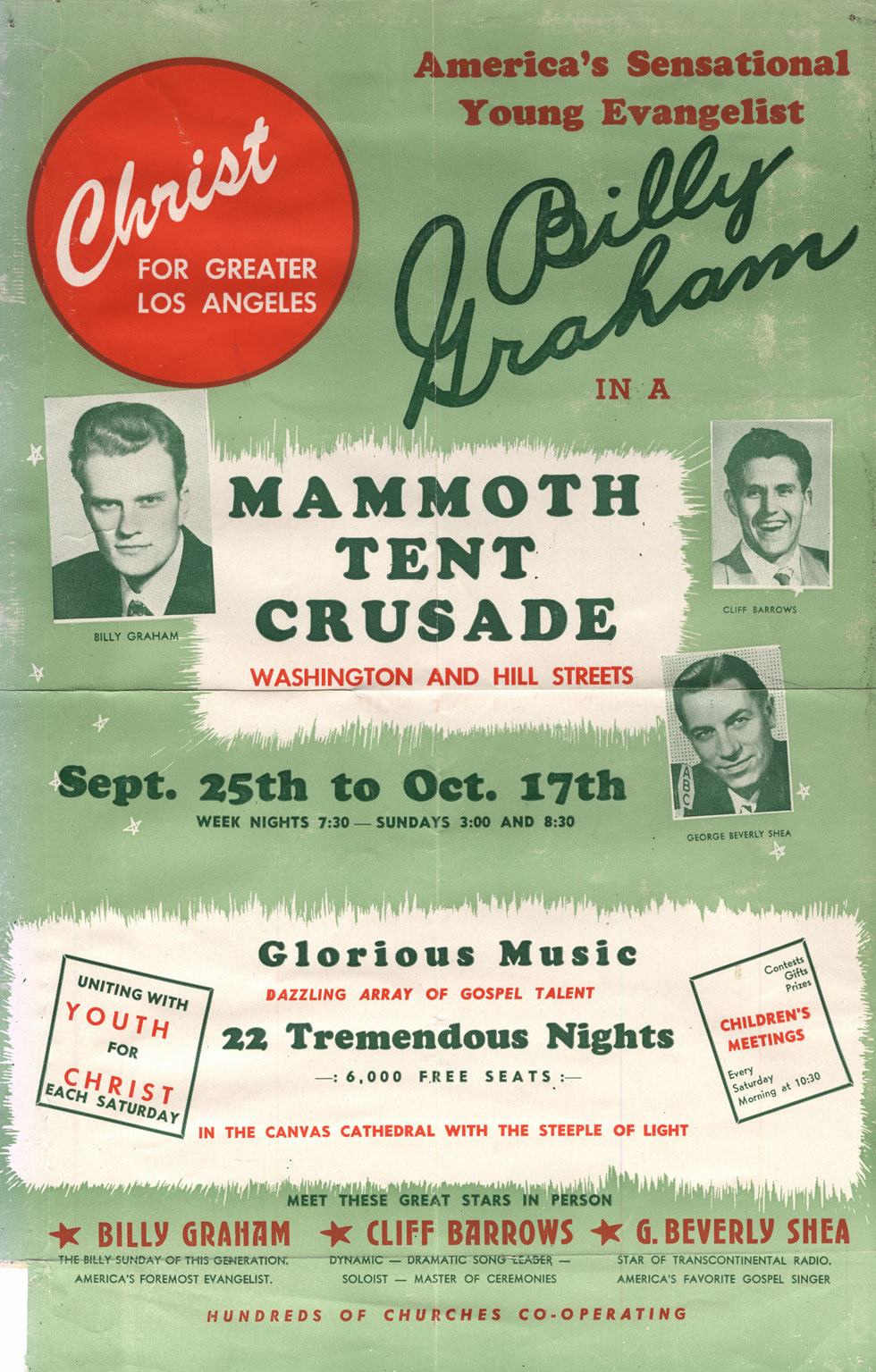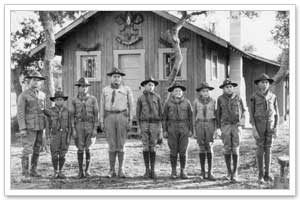Clyde Elmer Anderson, a Republican, is elected the 28th governor of Minnesota and served from September 27, 1951 through January 5, 1955. This calm and assertive executive already had achieved the distinctions of being the youngest lieutenant governor at age 26 serving under governor Harold Stassen in 1938. He went on to win five more terms under three different governors: Stassen, Thye, and Youngdahl in: 1940, 1944, 1946, 1948, and 1950. *
In many ways Anderson typified the upbringing of Minnesotans during this age: born “outstate” in Brainerd, on March 16, 1912, born one of nine children to Swedish immigrants Fred and Anna Anderson. Elmer simultaneously worked on the family farm, held an outside job, and went to high school. He lost his father at age 14, finished high school at 16, and began pre-med studies at the University of Minnesota to become a doctor. Though a solid student, he never finished his studies due to financial constraints. **
Not one given to self pity, the young Mr. Anderson picked himself up by his own bootstraps. He found a job at Service News Incorporated, a “a retail fixture manufacturer, a wholesale magazine and newspaper distributor, and a consulting company.” *** By the age of 22, he owned the company, and had made it profitable.
Perhaps this bedrock solidity of character attracted the attention of candidate Harold Stassen to tap Anderson to become his Lieutenant governor ca. 1938? Though few records can be found to validate as to his own policies in this era, we find him a capable advocate of his governor’s positions. Governor Stassen recollected of him, “He came in kind of unexpectedly, but he stepped in and carried on in a way that had the general approval of the people.” ****
During his tenure in office Governor Anderson promoted technology and the skilled labor industry within the state. Strong local companies such as 3M, Honeywell, Engineering Research Associates, Sperry, and Cray needed incentives to attract brainy talent to his cold state. He undertook the tasks to reform mental healthcare, law enforcement, and penal systems.*
Lastly, Governor C. Elmer Anderson knew how to create a consensus. DFL leaders of this era recall opposing him on policy, yet he never yielded to partisanship. Namely, State Senator Don Samuelson (DFL) sums up nicely saying of Governor C.E. Anderson, “He was extremely well-respected by the Legislature. He was not confrontational. He was not there to pick a political fight with anybody. He was just there to get the job done.” ****
We turn to You, Eternal Father, Authority of Authorities, the Omniscient Head of the Council of Heaven and think how much this man’s type of authority reminds me of Your Son! Especially the last quote, “He was not there to pick a fight with anybody. He was just there to get the job done.” We praise You that You did not seek office, or power, or lands as You lived with us; You were here to get the job done!
C. Elmer Anderson led a life with striking parallels to so many of the heroes of our faith in that he trusted in Your positioning, and seemed content to be second in command. He reminds me of Aaron, who operated as the prophet and spokesman for Moses. He runs with Joshua; the strong right arm of of Moses. His administrative skills bring to mind Joseph, and the wisdom, (informed by Your revelations), he asserted to save Egypt and its neighbors. He is a reflection of Daniel, and the humble submission and service shown those of Nebuchadnezzar’s court. He prompts thoughts of Elisha, and his trusting relationship with Elijah.
Lord, hear our prayer; will You accept such commendations of C. Elmer Anderson? We thank You for his example as the longest serving Lieutenant Governor! We ask that You impart such gifts to our present and future citizens who bear the title of “Second in Command”.
We ponder these examples with You, and wonder “Why is it that Your Word gives us so many examples of “power under”? I recollect this idea presented by my former professor, Dr. Greg Boyd. In his book, “Myth of a Christian Nation” *****, he poses similar questions of You and the ekklesia. Your Bride, the Church, has at times acted out such conflicted examples of authority to our world. Sometimes we assert our legal or political wills in excess of Your Kingdom’s directives. Dr. Boyd called this notion; “power over”. Sometimes, though we are inheritors of Your great authority and revelations, Your Spirit may direct us to take the humbler paths of not asserting rights, authority, or engaging in combative rhetoric. To our world, and even to ourselves, submitting ourselves to Your Spirit can look and feel like a defeat. Yet, it is precisely Christ’s “defeat” at the Cross, along with its pain and humiliations, that enriches and empowers the joy of Your Resurrection!
Again, we thank You for this man’s long path to becoming our 28th Governor. We ask that You stamp the lessons taught through Governor C. Elmer Anderson into the psyche of our State. We hear this message; though a consummate politician, he did not lead by asserting political authority, but by trusting that his authority and positioning from You was enough. A sheriff who is insecure has to twirl his guns. A sheriff who knows he’s in charge: tips his hat, smiles, keeps his guns in his holster, leans back on the post of the boardwalk, and just regulates! Will You make of us, and give to us leadership that does the same? Amen.
“I pray that the eyes of your heart may be enlightened in order that you may know the hope to which he has called you, the riches of his glorious inheritance in his holy people, and his incomparably great power for us who believe. That power is the same as the mighty strength he exerted when he raised Christ from the dead and seated him at his right hand in the heavenly realms, far above all rule and authority, power and dominion, and every name that is invoked, not only in the present age but also in the one to come.” Ephesians 1:18-21 NIV ******
** https://snaccooperative.org/ark:/99166/w68p8zcr
*** https://servicenewsinc.com
**** Citing Author Unknown, “The Minnesota Daily”, January 23, 1998. St. Paul, MN.https://web.archive.org/web/20160304094845/http://www.mndaily.com/1998/01/23/former-gov-c-elmer-anderson-dead-85
***** Boyd, Greg, “Myth of a Christian Nation”. Grand Rapids, Mich. : Zondervan, 2009.










